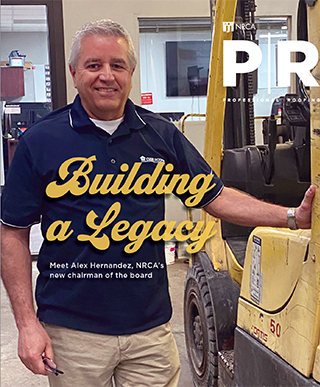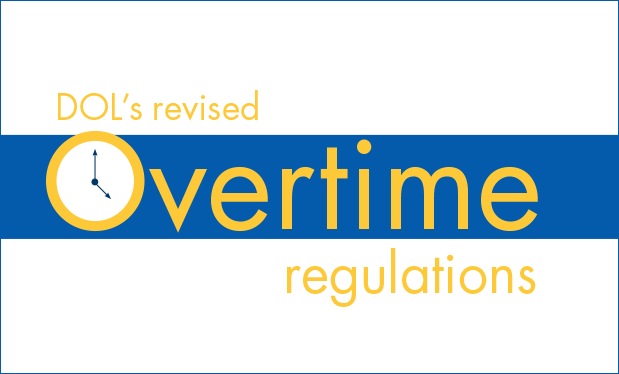In May, NRCA testified before the House Workforce Protections Subcommittee. The hearing was held to review regulatory policies of the Occupational Safety and Health Administration (OSHA). Lisa Sprick, president of NRCA member Sprick Roofing Co. Inc., Corvallis, Ore., testified on behalf of NRCA to provide the perspectives of a professional roofing contractor regarding workplace safety regulations.
Sprick Roofing is a longtime NRCA member founded in 1952 with 25 employees. The company has an excellent safety record and has completed 1,360 workdays (more than five years) without a time-loss accident.
The testimony
Sprick testified there is concern among NRCA members that OSHA's overreaching regulatory approach will do little to promote safe workplaces and could be counterproductive in many instances.
"OSHA seems to be stuck in a 'Washington, D.C., knows best' mode of regulating our industry, and I don't think Washington always knows best," she told lawmakers.
The primary focus of the hearing was OSHA's new regulation that will require, beginning in 2017, most companies to submit injury and illness records electronically to the agency, which will post the data online for public inspection. NRCA submitted detailed recommendations to OSHA in response to the agency's original proposed rule in 2013, but the agency largely failed to address NRCA members' concerns.
In its final rule, OSHA states posting the records online will provide employees and others with information that will enhance workplace safety. However, Sprick noted "the data as included in the reports lack meaningful context, which is critical to understanding the information properly, and without context it is unclear how the information being made public will improve workplace safety."
Sprick also emphasized misuse of the information by third parties could cause harm to employers and inadvertent public disclosure of private employee information could be harmful to workers.
A critical issue with the new regulation involves the potential effect on employee incentive programs designed to promote workplace safety. Sprick is concerned the regulation and other OSHA actions have produced significant ambiguity with respect to how the agency views incentive programs and argues the "expanded authority in the regulation may remove a key tool that employers now use to ensure a safe workplace."
The hearing also provided Sprick with the opportunity to alert lawmakers to concerns regarding OSHA's efforts to impose federal fall-protection regulations on the state of Oregon. Oregon recently agreed to adopt the federal rules, which were issued unilaterally for states under federal jurisdiction in 2010, after OSHA officials demanded the state make the change or be faced with losing its state-plan status.
Sprick explained the Oregon rules currently allow more fall-protection options, including the use of slide guards installed at the roof edge to prevent falls, compared with the federal rules. She pointed out Sprick Roofing has been using slide guards for decades and never has had a fatality or serious accident related to their use.
Sprick noted government statistics indicate Oregon and other states that allow more flexibility in fall-protection options have better records of preventing injuries than states operating under OSHA's rules.
"It is disturbing OSHA would impose federal rules on our state given Oregon's record of preventing falls is better than other states that operate under federal rules," she noted.
Sprick urged Congress to prevent OSHA from imposing its rules on Oregon, California and other states unless the agency has data to clearly demonstrate its rules produce better results that actually protect workers.
Sprick concluded with a call for cooperative efforts among employers, workers and government officials to craft safety policies based on sound risk management principles and reliable data. Her testimony was a great opportunity for NRCA to communicate member concerns with respect to OSHA regulations to Congress and agency officials.
Looking to the future
Subcommittee Chairman Tim Walberg (R-Mich.) echoed Sprick's testimony by stating a "partnership is what we are looking for (in developing regulations), including best practices developed by business and industry that lead the way for regulators."
NRCA stands ready to work with Congress and OSHA in collaborative efforts to improve workplace safety in the future.
Duane L. Musser is NRCA's vice president of government relations.



